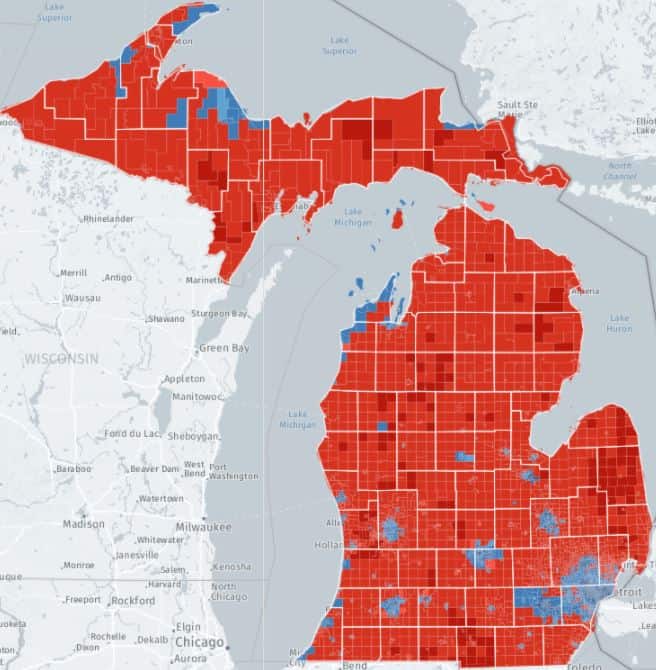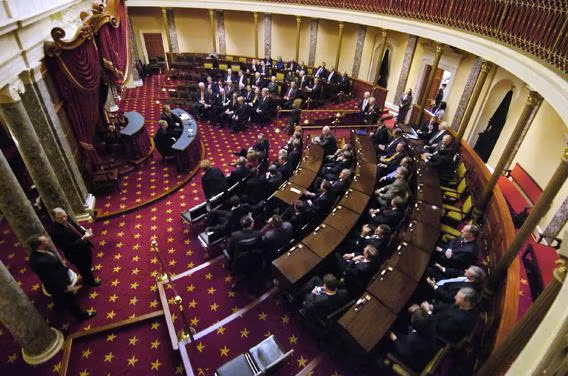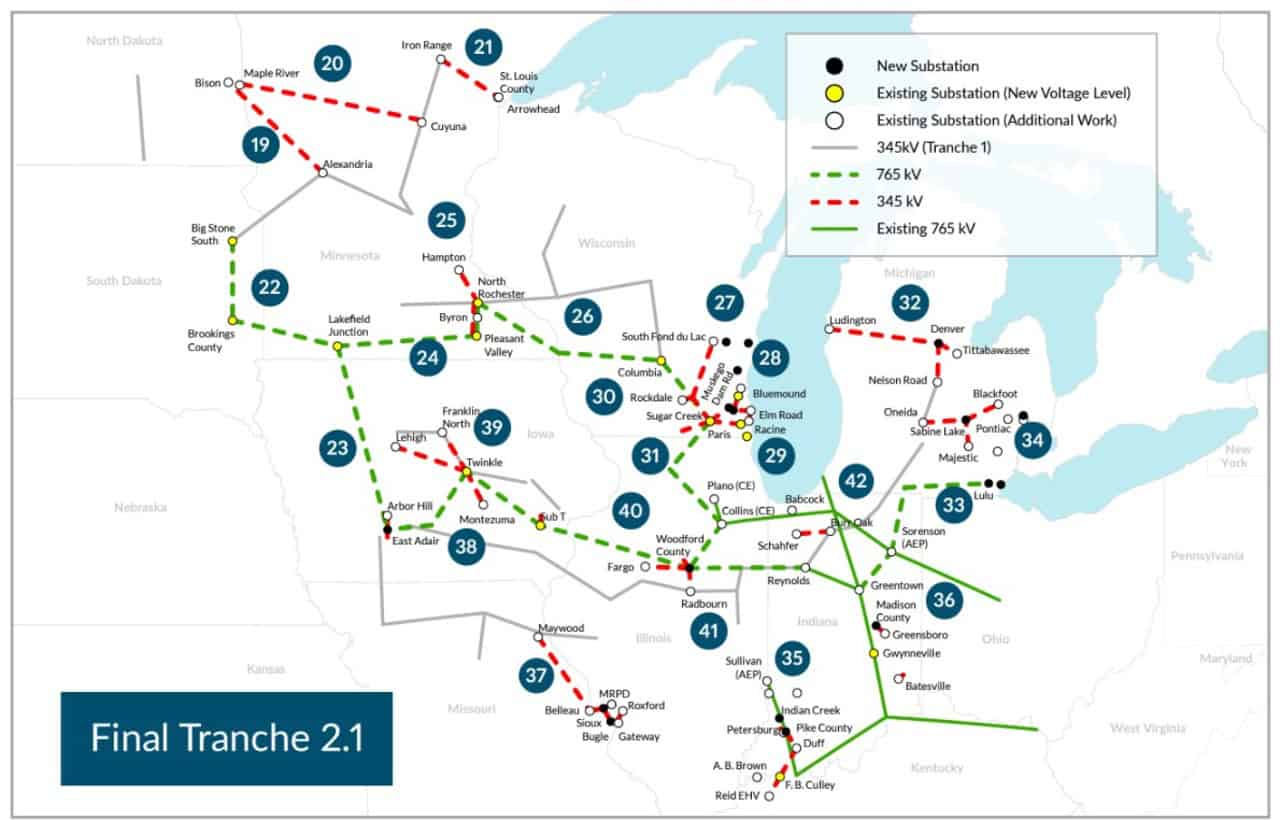DETROIT – A Detroit U.S. district judge has issued a preliminary injunction against a newly enacted state law that bans companies from collecting employee donations for union campaign funds, but permits a firm to continue to collect donations for corporate campaign funds.
Judge Linda Parker said the law, PA 269 of 2015, violates the First Amendment of the U.S. Constitution by allowing corporations to continue collecting funds from workers for its separate segregated funds for political purposes, but not for the same types of funds for its union workers. The law thus discriminates against political speech, Mr. Parker said.
Parker acted in Michigan State AFL v. Ruth Johnson (USDC docket No. 16-11454)
The final legislative version of PA 269, originally SB 571, took shape during the final legislative day in 2015 when Rep. Lisa Posthumus Lyons (R-Alto) introduced a substitute during the evening session that converted what had been a bill supported unanimously in the Senate into a partisan fight.
After the act passed, some companies informed unions representing their workers that they would no longer collect worker contribution to the union political action committees, while continuing to collect funds to the segregated funds that constituted their PACs.
The AFL-CIO, along with the unions representing the workers in those companies, filed suit in May and sought a preliminary injunction as part of the suit that could affect collections during the 2016 election year.
The U.S. Supreme Court as well as federal appeals courts across the U.S. have held that political speech is to be protected, and that includes funding for that speech.
As part of that protection, Parker held, the U.S. Supreme Court that efforts to block payroll deductions to a political fund can be challenged on a First Amendment basis. Soliciting funds is a protected part of political speech the U.S. Supreme Court has held, Parker said.
The state argued that ending the payroll deductions to union PACs was permitted by the 6th U.S. Circuit Court of Appeals when it upheld a Michigan law ending the collection of teacher union dues through payroll deductions.
But Parker distinguished that as funds going to a specific entity, although she did say that the law also prohibits collection of funds for political expression.
In addition, the decision upholding a ban on collecting payroll deductions for teacher unions deals with public entities, and the courts have held there can be a distinction on how public entities are treated on the issue of political speech and private entities. The state has an interest in ensuring it does not appear that public funds are being used for partisan activities, she said.
It is also clear that PA 269 treats different classes of political speech differently, Parker said.
“Even where the government is not required to subsidize speech, it may not engage in viewpoint discrimination,” she said. The law prohibits collection of payroll deduction for union activities but allows for the collection of funds to finance activities through a company’s PAC or political funds operated by associations.
And because the companies involved had agreed as part of union contract negotiations to collect the funds, the law unconstitutionally impairs those contracts, Parker said.
Andy Nickelhoff, attorney for the AFL-CIO, called the ruling a “big win for working people.”
A spokesperson for the Department of State said the department is reviewing the ruling before deciding on its next course.
Parker was appointed to the bench by President Barack Obama.
This story was published by Gongwer News Service. To subscribe, click on www.gongwer.com







